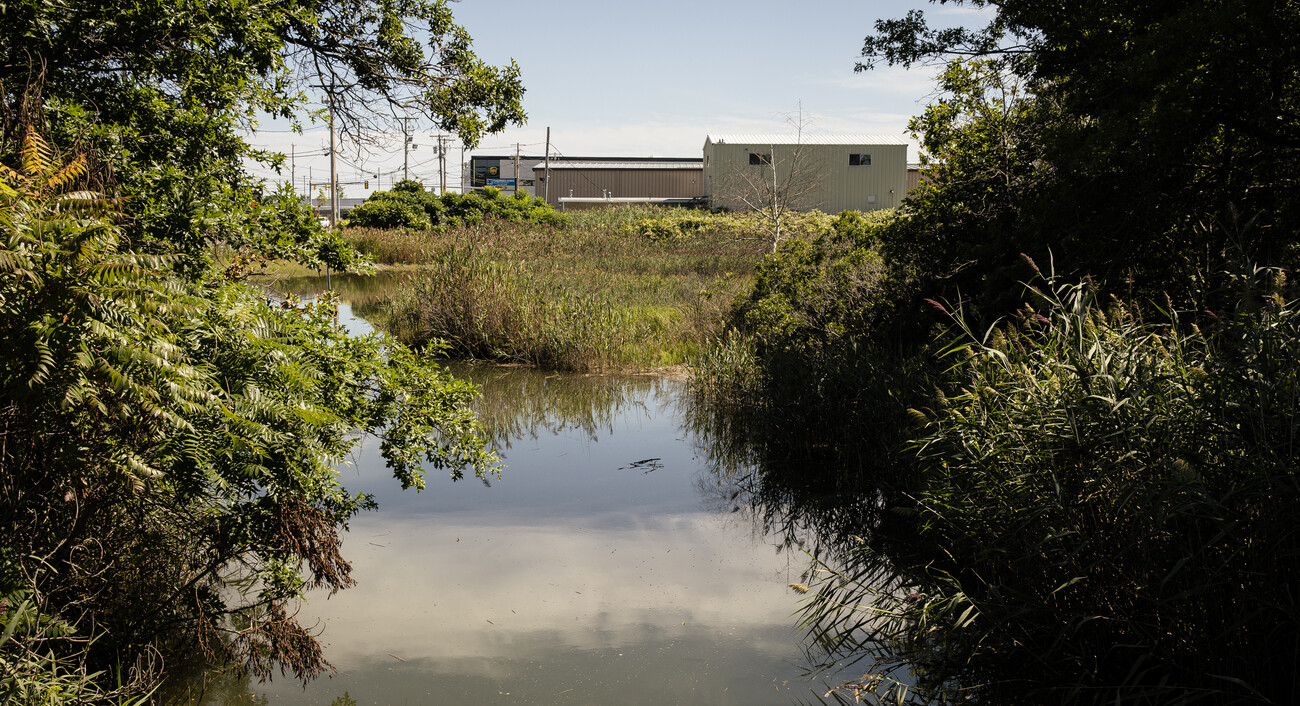Saugus, Lynn, Revere, Malden, and Everett will share more than $150,000 in grant funding secured through the Healey-Driscoll administration’s Municipal Vulnerability Preparedness program for the continuation of work to develop a plan to counteract flooding and other issues in the Saugus River Watershed area.
The $154,717 award will allow Revere, along with the Saugus Pines River Advocates for Regional Resilience (SPRARR) stakeholder group, to use the study it conducted in fiscal year 2023 with the first batch of MVP grant funding to “prioritize the top strategies that will yield regional flood-risk reduction” according to Maria Hardiman, a spokesperson for the Department of Energy and Environmental Affairs.
Hardiman said the group will consider feasibility and feedback from stakeholders via community engagement in selecting and advancing a project for flood-risk reduction through the design phase. Once that stage is complete, a regional project will be ready to enter the permitting phase.
The watershed spans 2,274 acres throughout the five municipalities and poses flood risks to each. Because of the watershed’s location, critical pieces of state infrastructure are also at risk, including the MBTA Blue Line and commuter rail, state-designated areas of critical environmental concern such as marshes and wetlands, critical tide-gate infrastructure, and municipal roadways including Route 107, Route 1A, Route 60, and Route 1, Hardiman said.
“The region is subjected to high tide and sunny-day flooding under current conditions and… the flood frequency and severity will significantly increase throughout the region with sea-level rise and more intense storms,” Hardiman wrote in a statement.
In Saugus specifically, residents pointed to flooding risks in the area of Ballard and Bristow streets.
Since the SPRARR team was established in 2021, “the project has developed camaraderie and momentum to understand current and future risk conditions to critical infrastructure and the team is enthusiastic to advance the study’s recommendations into resiliency construction projects that will benefit the region,” according to Hardiman.
Saugus River Watershed Council President Debra Panetta, also the vice chair of the Board of Selectmen, said she was delighted by the second round of funding from the state to allow the group to continue its important work.
“We have several vulnerable flood areas in Saugus, especially in Precinct 10,” she said, adding that the group will continue to hold community meetings. “I have been attending these meetings and offering my comments and assistance. At these meetings, people get to voice their opinion and concerns about future flooding vulnerability, interact with flood maps, and provide valuable feedback.”

